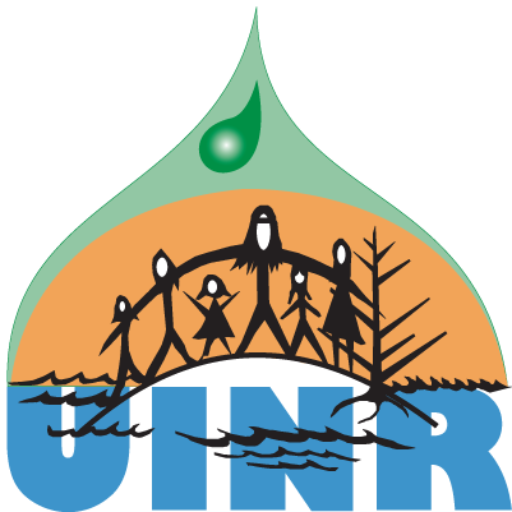A Story by Charlie Dennis
Here is a story that’s a bit different from the others that I’ve told in the past. My stories usually begin with facts and fishermen in Malagawatch. With this story, I’ll throw you off a little and tell you about something a bit different. This is a story where you can definitely find Traditional Ecological Knowledge, or “TEK,” whatever makes it easier.
My story begins when I was young, about nine or ten years old. It’s one of those times when you take the lessons you were taught by your parents, the things that you never forget.
I’ll describe two areas as closely as possible to you. You might be able to identify them if you live in Eskasoni, but it might be harder if you live elsewhere, unless you have access to aerial photos or even a map of Eskasoni.
The other factors we have to consider are the changes in the habitat, climate change, and rising sea levels. Oh yes, back to our story…Our story begins around the middle of May, when my father usually had our boat painted and all set for our daily ventures. After giving the last instructions to Mom, and my grandparents hollering to us to be careful (and my grandfather hollering to me to bring back some nice big oysters), and sailing or rowing a short distance, our adventure would begin.
Some of the instructions given to us were how to properly collect eggs. In this part of our adventure, it was time to go egg hunting. We were after Arctic Tern eggs, or “Three Eggs,” as we used to call them as children, because they usually lay three eggs. The other name that First Nations people called them was Niktu’niej. We were always instructed to leave some eggs, never to take more than two from a nest. We usually took only one egg from each nest we found, until we had just enough for ourselves, leaving enough for next year or for someone else.
The other instruction was to take a pot with you and try to sink the eggs, or to make sure the eggs sink. If the eggs float, you were to place the eggs back in the nest as soon as possible. After one hundred questions, we learned that floating eggs were too late to cook and the ones that sank were perfect.
After the egg collecting, it was time to cook. Boiled eggs were on the menu and were served with salt and pepper that my mother had carefully packed. Boiled eggs and bannock with some boiled tea–could not get any finer than that. After rolling in the sand because we had just finished stuffing ourselves, it was time to move on to the next leg of our journey.
Before we move on, before I forget, maybe a picture of the island should be mentioned. The picture here was taken in 1998. You notice we have lost the island, the sea level is continuing to rise even today.
Getting back to our story, the next leg of our journey was to harvest shellfish in Anslum Cove. We divided into two groups, some of us harvesting oysters along the beautiful pristine shoreline. I was usually on the task of harvesting oysters, which I loved so much. Maybe this was in the future for me, with all the stories I have told in previous instalments of our newsletter.
My mother and other members of the family would harvest clams and mussels. Once everything was harvested, consisting of the species mentioned, we’d make sure we had enough for shellfish stew back at home. The journey home was rapid because it didn’t take that long for our Grandmother to cook the stew. She would cook enough just in case our neighbours came to visit, because everyone was always welcomed. We would all help shucking the shellfish, because refusing to do so would only mean that the stew would take longer. This wasn’t the only reason though; togetherness and working together were strong, established factors back then.
The huge meal of shellfish stew and tea biscuits was something that anyone would enjoy. Of course, after the meal, listening to stories and the way things used to be was the highlight at the closing of the day.
Today, you wouldn’t be able to harvest shellfish along the shoreline. All those areas for shellfish were closed due to sewage problems and other contaminants. Harvesting oyster in some areas, you might find that they’re engulfed with the MSX parasite, and possibly others.
charlie@uinr.ca

